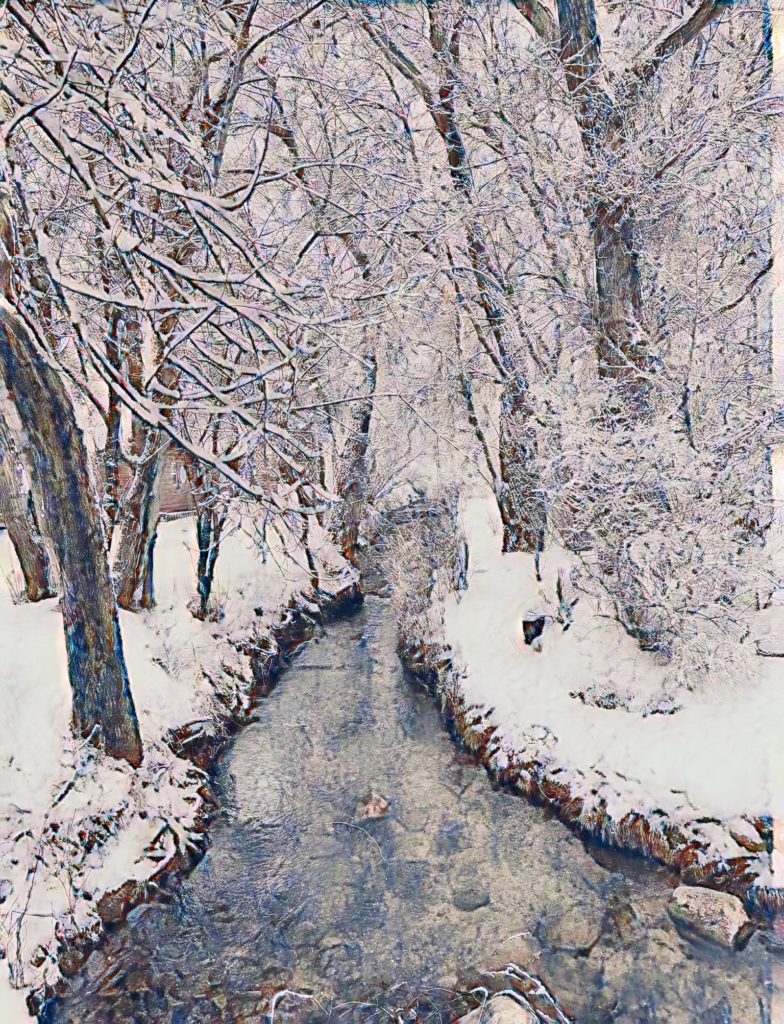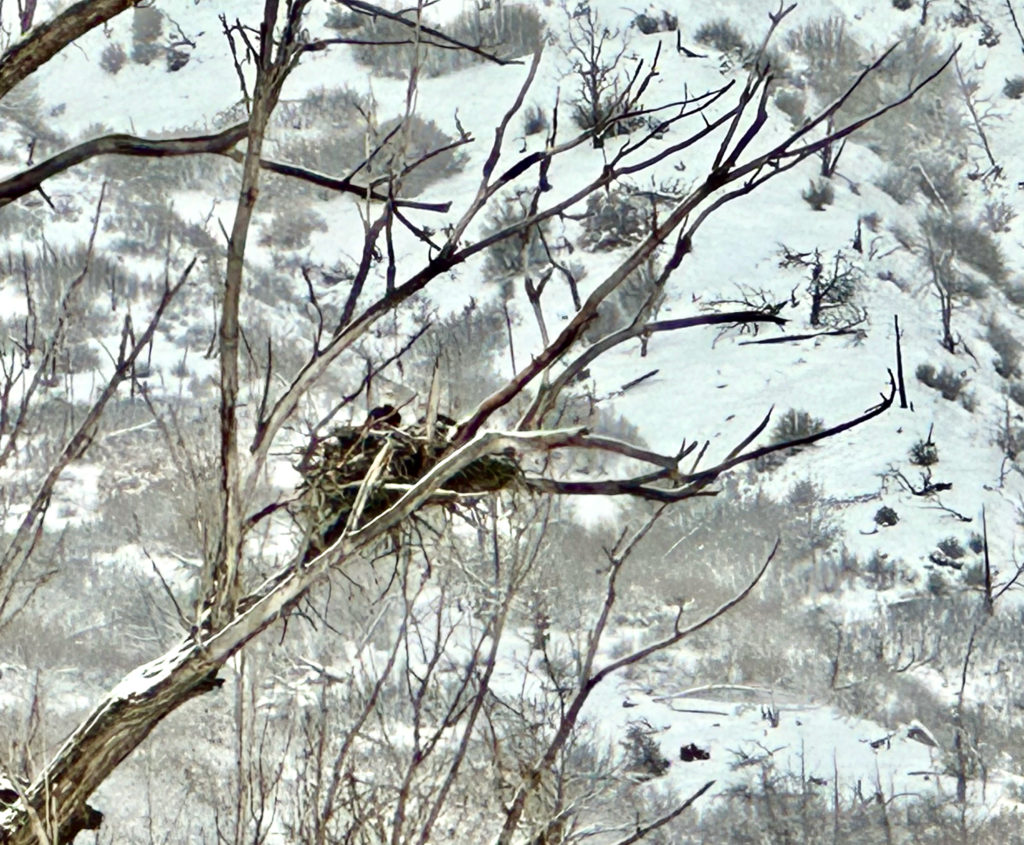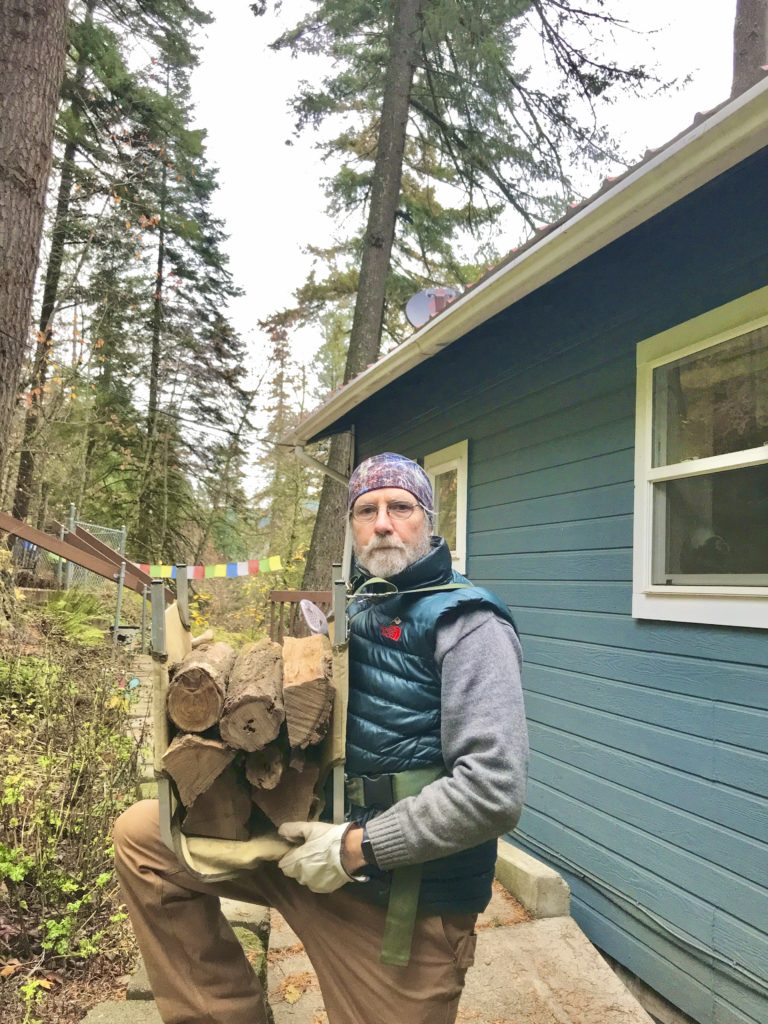Today is my birthday. Like New Year’s day, birthdays provide an opportunity for reflection and an assessment of what life is about; what we value and how we choose to apply our values.


sharpen tools for your heart and mind
On Saturday, one of my meditation teachers, Tana Dungsay Rinpoche, offered a teaching. As with many teachings in the Tibetan Buddhist tradition, his advice provided instruction for daily living as well as meditation. It also resonated with the spirit of Martin Luther King in that he encouraged us to use our practice to move beyond our own comfort. The following is my commentary on his words.
Recognizing that suffering is endemic to living, we shouldn’t expect that we will fix all the external causes and conditions of this reality. But we can develop an outlook and behavior that is beneficial to ourselves and others. The analogy used is to put on shoes that help us walk through the inevitable challenges and suffering of life; an outlook of courage and fortitude. Our practice can help us develop the outlook through a accurate view of our mind.
Our usual outlook is narrow and we can get smaller and smaller in our view in certain circumstances. We get blinded by our suffering in the moment – the temporary. We get stuck. We can broaden this outlook to see things from many angles. But to do this we have to develop new capacities; courage, forbearance, generosity, ethical discipline, patience, heroic effort, concentration, and wisdom. Sounds like a long list but all are encompassed when we develop moment by moment awareness. Through practice we see difficulties as opportunities. The route we take may require a detour from our usual habits. Seen this way, suffering gives us a chance, an opportunity, to employ different approaches.
Rinpoche related a classic story about changing circumstances and how they we choose to view them. This story illustrates how obstacles or “misfortune” or opportunities or windfalls, can be reframed. They can be seen as a good thing or be a bad thing. There’s just no certainty what will follow in life’s junctures. Following is one version of this classic tale:
There once lived a poor farmer, who lived in a poor village, but this farmer was considered very rich and fortunate because he owned a horse.
One day, his horse ran away. His neighbors came to his farm to say they were sorry for his misfortune. But the farmer said, “I don’t know, it could be bad, it could be good.”
Several days later, the horse returned, with six strong horses. Once again, the neighbors came by this time to congratulate him, but the farmer said, “I don’t know, it could be good, it could be bad.”
Some time later, the farmer’s son went riding on one of the wild horses. But he fell off and broke his leg and arm. The neighbors came by to console the farmer. But the farmer said, “I don’t know, it could be bad, it could be good.”
A year later, a fierce war broke out between the farmer’s country and the neighboring country. Many young men were drafted into the army. When the army came to draft the farmer’s son, they found that he was disabled, thus exempting him from military service.
Rinpoche described several different approaches for addressing suffering. These approaches help us eliminate suffering from our mind. We can avoid or abandon the suffering, change or transform it, or recognize that while our suffering is real to us in this moment it is not true in substance; rather it is dynamic, interdependent, transient, fluid, and therefore empty. Understanding and employing this understanding is developed in meditation practice. When things are difficult, that is when we need to apply the dharma. Otherwise we miss the opportunity to employ what we have learned.
When our bellies are full… it is easy to say we are dharma practitioners – but when things are difficult…we are revealed as normal people.
Always remember dharma practice during difficult times.


Clouds have dominated our morning skies lately. It has been a blessing to get all the moisture but the clouds seem to make our days even shorter than the calendar would indicate. So waking up to a shimmering sky raises my spirits. The photo above is taken out my bedroom window. Great view for my morning meditation.
Fortunately we enjoy the benefits and can deal with the downsides that winter snow brings to Colorado. We haven’t been home a week yet but we’ve seen snow every day. Until today, the temperature hasn’t risen above freezing either – meaning it hasn’t been very messy either.



This afternoon we have been treated to a classic Colorado blue sky and a warm up. It is an opportunity to clean up the snow on the driveway. A good thing given our absence and the growing piles along the edge.
Tomorrow we might try our hand at cross country skiing. Gotta love it!
Within our days and our lifetime there are many things we aspire to accomplish. Long term goals and daily habits enter our mind and become wishes, hopes. While considering these future accomplishments we might picture ourselves basking in the light of enjoyment and/or completion. We might want to establish a discipline; of meditation, diet, weight loss, writing, music. We might picture ourselves in a home overlooking a lake, basking in the sun, finally in our dream location.
Goals and dreams are natural to many and can be useful for shaping our lives over time. They may never be accomplished but remain a regular fantasy throughout our days.
I believe the way in which we dream and fantasize has much to do with our accomplishment. If we want to take the goal further than the mind’s eye, there are some common pitfalls to consider. I am familiar with them from experience.
